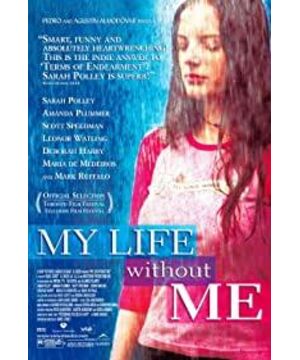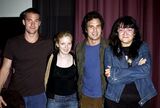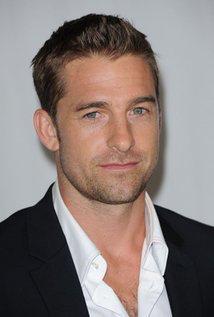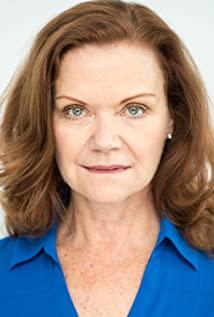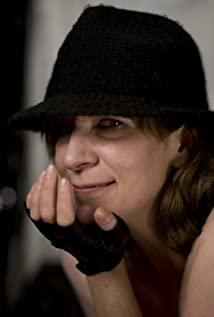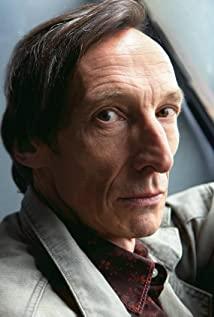I once read a book about the fear of death, which mentioned that different people have different reactions to death: some people are desperate and let death advance; some people do not admit it and hide in the quilt; Make up for it; some people come back to life when they learn that death is approaching, grasping the meaning of life for the first time in their lives. The author of the book said he had spoken to many terminal cancer patients, some of whom told him that when he was told about terminal cancer, he suddenly felt that he had never really "lived". Under the black premise of death, life is understood, realized and given meaning for the first time.
Life and death are a pair of contradictions, relying on each other and compatible with each other. The process of life is also the process of death, and the process of death is also the process of life. If death is denied, life cannot be defined nor perceived. To understand life under the premise of ignoring death is like giving up cold to make one understand hot, giving up good to make one understand bad, giving up far to make one understand near. Conversely, if one looks at death from the back, people may be able to see through life better.
I once watched a documentary about a patient with muscular dystrophy. Muscular dystrophy is a rare genetic disorder. The muscles of the patient's body will undergo progressive and irreversible atrophy and necrosis. Stephen Hawking suffered from this disease. The protagonist of the documentary, a 32-year-old white male, is no taller than an 8- or 9-year-old boy. He has a large, disproportionate head and limbs like a skeleton. Although he can still move his facial muscles and fingers, he may face the fate of being paralyzed in the foreseeable future. However, he is still alive. The film tells the story of his trip to the United States to find a doctor who predicted that when he was only 1 year old, as a typical muscle atrophy patient, he would not live beyond the age of 6. Finally he found it. But what moved me the most was his unique monologue with a strange pronunciation. He said: "Death is my old friend. We have been together for 32 years. Many times he asked me to go with him, and I refused, so I am still here. I know that one day I will go with him. . But most importantly, I'm still here."
Death is not just his old friend, death is everyone's old friend. Death is like the antimatter of life. At the same time that life was created, death was also created. When life and death meet, matter and antimatter collide and annihilate, transforming into pure energy. But the vast majority of healthy young souls do not perceive death, do not think about it, and much less say "death is my old friend", despite the fact that death is not farther from anyone than him farther. The advantage of ignoring death is that you can live in the light of the sun. The downside is that without the other end of the paradox, the nature and depth of life cannot be understood. The 32-year-old man with muscular dystrophy has his understanding of the meaning of life, and in his emaciated and mutilated body holds the mind of a philosopher—disillusionment, ideals, nothingness, love, pain, sorrow, but strong. There may be quite a few of these childish-looking elements in every sensational novel and movie, but I know that the more you get down to the bottom, the simpler it becomes, not the more complicated it becomes. Only through personal understanding will these symbols return to their original meanings, descending to the ground and no longer floating in the sky, just a symbol.
Returning to the theme, I think this movie is a movie about life. I didn't feel the overwhelming force of death. What I saw was life, with the black death as the background, blooming gorgeously.
Suffering triggers thinking, stupidity comforts. Finally, I hope that everyone can think about death in the easy years, because, as Gibran said, death is not farther from you.
UPDATE:
At Stanford's 2005 Commencement Ceremony, Jobs told a story about death: If you live every day as if it were your last, you'll be right one day. You see, he was right.
View more about My Life Without Me reviews


